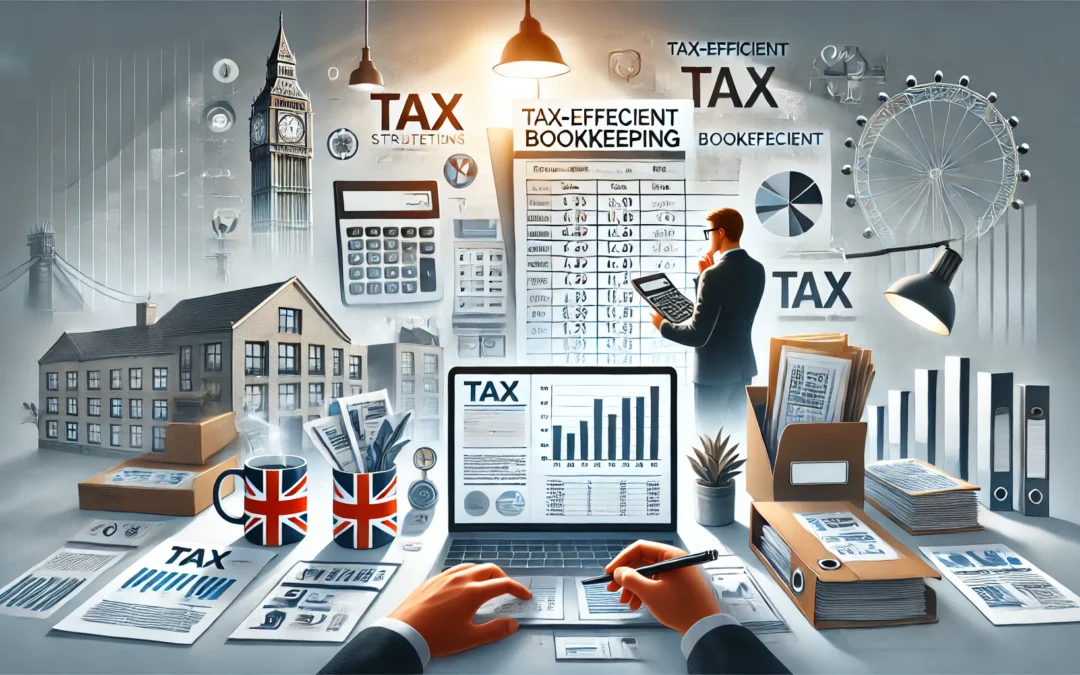Navigating Accounting Software Choices for Brighton’s Local Businesses
Introduction to Accounting Software
As businesses in Brighton grow and evolve, the need for an effective accounting solution becomes paramount. Accounting software offers local businesses a streamlined approach to manage their finances, ensuring compliance, improving productivity, and ultimately aiding in decision-making. However, with an ever-increasing number of options available in the market, choosing the right software can be daunting.
Understanding Your Business Needs
The first step in selecting the appropriate accounting software is to understand the unique needs of your business. Factors to consider include the size of your operation, the complexity of your financial transactions, and the specific features you require. For instance, a small café may only need basic invoicing and expense tracking, while a growing tech startup might require advanced financial reporting and inventory management.
Key Features to Look For
Different accounting packages offer a variety of features, so it’s crucial to identify which ones will most benefit your business. Here are some key features to consider:
- Invoicing: The ability to create and send professional invoices is a fundamental requirement for most businesses.
- Expense Tracking: Good software should allow you to easily log expenses, categorise them, and attach receipts.
- Bank Reconciliation: Handling reconciliations seamlessly can save you significant time and reduce errors.
- Financial Reporting: Look for software that offers comprehensive reporting tools to help you gain insights into your financial health.
- Cloud Accessibility: Software that’s accessible online allows for flexibility and collaboration, especially if your team operates remotely.
Popular Accounting Software Options
Brighton’s local businesses have access to a variety of accounting software, each with its pros and cons. Notable options include:
- Xero: Known for its user-friendly interface and robust features, Xero is favoured by many SMEs for its seamless integration with other applications.
- QuickBooks: Ideal for both small and larger businesses, QuickBooks offers extensive tools for invoicing, expense tracking, and tax preparation.
- Sage Business Cloud Accounting: A comprehensive solution for businesses of all sizes, Sage is particularly strong in compliance and reporting.
- FreeAgent: Tailored specifically for freelancers and small businesses, FreeAgent simplifies tasks like invoicing and tax calculations.
- Zoho Books: This software is great for businesses seeking affordability and extensive features without the hefty price tag.
Cost Considerations
When selecting accounting software, budget is often a key concern. Most software providers offer various pricing tiers, depending on the features included and the number of users allowed. It’s essential to assess both the initial costs and any ongoing fees, such as subscription plans. Some providers may also charge for additional services, such as payroll management or tax filing, which can increase your overall expenditure.
Integration with Other Systems
Another crucial consideration is how well the accounting software can integrate with other business systems you currently use or plan to implement. Whether you need to link your accounting software with point-of-sale systems, customer relationship management (CRM) tools, or e-commerce platforms, seamless integration can drastically improve operational efficiency.
Support and Training
Choosing accounting software also involves evaluating the support and training options provided by the vendor. Many software companies offer extensive online resources, including tutorials, webinars, and forums, which can be immensely helpful for new users. Additionally, having access to customer support teams can ease the transition and help resolve any issues that may arise during usage. Ensure that the support is responsive and available in your preferred method, whether that be phone, email, or live chat.
Security and Data Protection
Security is another paramount factor when selecting accounting software. Your financial data is sensitive, so it’s critical to ensure that the software you choose adheres to high security standards. Look for features such as encryption, secure access controls, and regular backups. Confirm that the provider complies with regulations, such as GDPR, to protect your business and customer information.
Scalability for Future Growth
As your business grows, your accounting needs will likely change. Make sure to choose software that can scale with your business. Some software providers offer tiered plans, allowing you to upgrade as necessary without needing to switch to a completely new system. Consider whether the software can accommodate an increased number of users, additional features, and greater transaction volumes in the future.
Trial Periods and Demos
Before committing to any accounting software, take advantage of free trials or demonstrations. This hands-on experience allows you to evaluate the software’s functionality, usability, and whether it meets your business needs. Pay attention to how intuitive the interface is and how well the features align with your expectations. This can help avoid any costly mistakes down the line.
Conclusion
In summary, selecting the right accounting software for your Brighton-based business involves careful consideration of your unique needs, desired features, cost structure, and integration capabilities. By thoroughly researching your options and utilising trial periods, you can make an informed choice that will streamline your financial processes. For personalised advice or assistance in finding the perfect accounting software solution, do not hesitate to get in touch with DD Accounting LTD.
Phone: 01273044178
Email: hello@dd-accounting.co.uk




